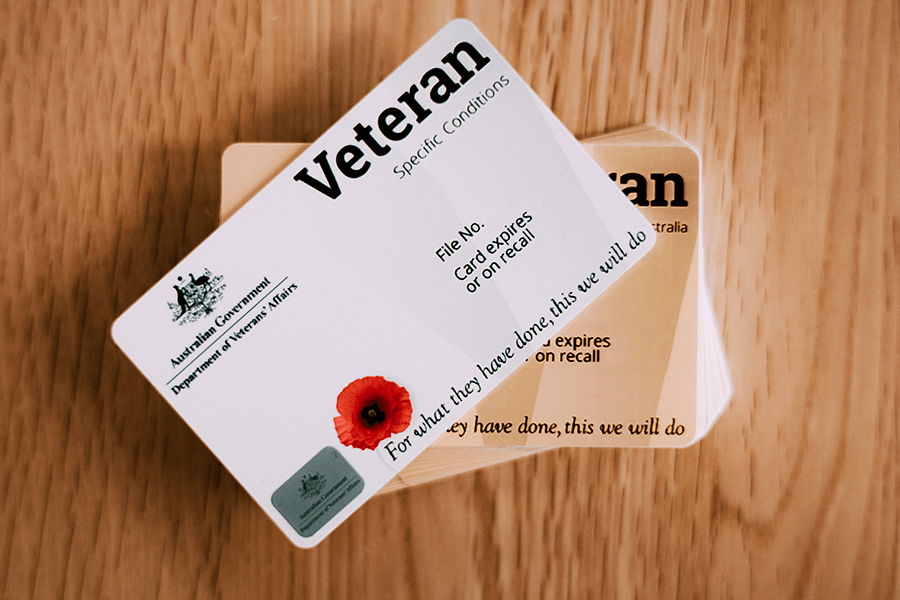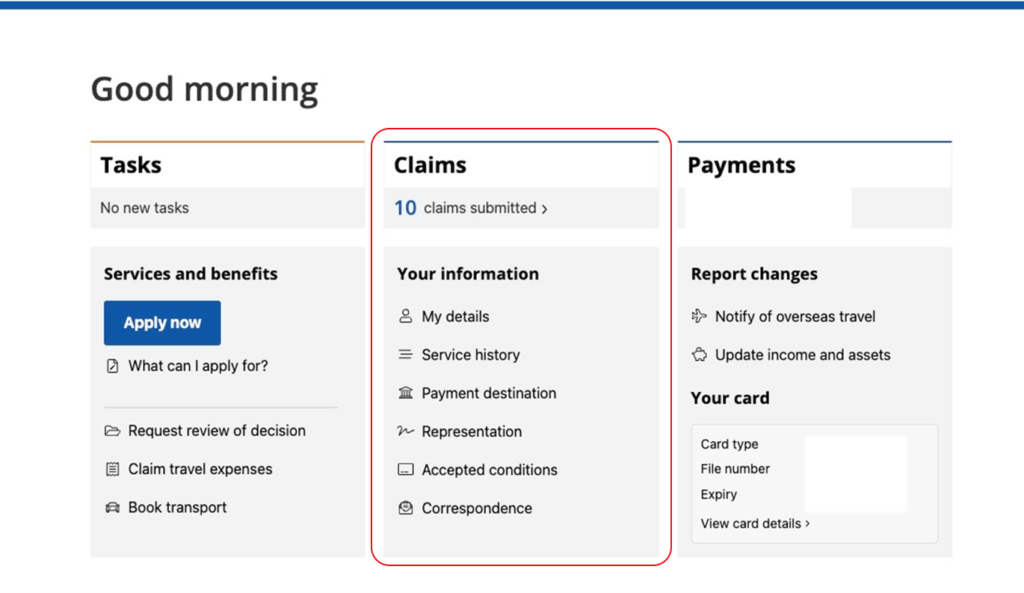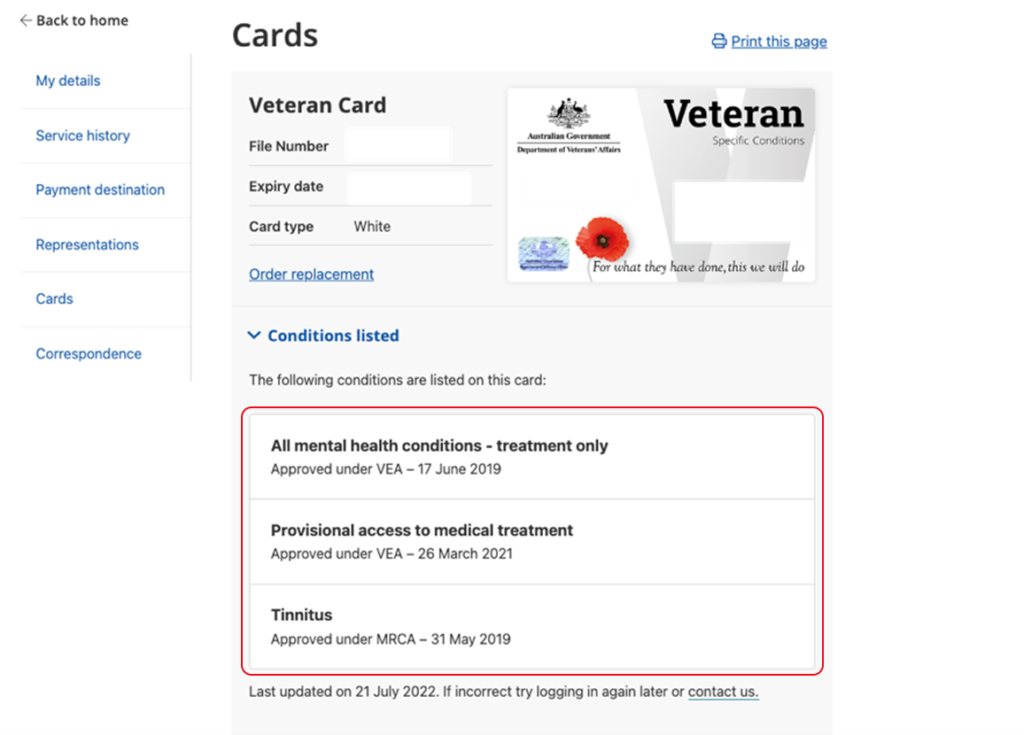Smoking has long been recognized as a public health concern, but its impact on specific populations, such as military veterans, remains a relatively underexplored facet of this issue. While the sacrifices made by veterans are often visible in their physical and emotional scars, the invisible battle against smoking and its consequences adds another layer of complexity to their overall well-being.

Understanding the Prevalence
To comprehend the gravity of the situation, it’s crucial to delve into the prevalence of smoking within the veteran community. Recent studies have indicated that veterans are more likely to smoke than their civilian counterparts. The stressors associated with military service, deployment-related trauma, and the unique culture within the armed forces contribute to higher rates of tobacco use among veterans.
The Link Between Smoking and Mental Health
One of the profound connections worth exploring is the relationship between smoking and mental health, especially in the context of veterans who may already be grappling with conditions like post-traumatic stress disorder (PTSD). Smoking often becomes a coping mechanism, providing a temporary escape from the psychological toll of military experiences. This coping strategy, however, exacerbates the challenges veterans face in managing their mental health effectively.
Unraveling the PTSD and Smoking Nexus
Post-traumatic stress disorder is a pervasive issue among veterans, and its correlation with smoking merits a closer look. The act of smoking can become intricately intertwined with the trauma experienced during service. As veterans attempt to manage the symptoms of PTSD, nicotine addiction adds a layer of complexity, making it challenging to break free from this cycle.
The Physical Toll
Transitioning from service to civilian life brings its own set of challenges for veterans, and the impact of smoking on long-term health is a critical consideration.
Beyond the mental health aspect, the impact of smoking on physical health is profound. Veterans, often exposed to harsh environmental conditions during service, face an increased risk of respiratory issues exacerbated by smoking. Chronic obstructive pulmonary disease (COPD) and other respiratory conditions become heightened concerns, affecting the overall quality of life for those who have served.

Smoking and Cardiovascular Diseases

Link to Heart Disease: Smoking is a major risk factor for cardiovascular diseases (CVD), including coronary artery disease, heart attacks, and strokes. Veterans, especially those who have experienced the physical demands of military service, may be at an increased risk. The combination of smoking and other stressors, such as deployment-related trauma, can accelerate the development of heart-related conditions.
Preventive Measures: Encouraging veterans to quit smoking is a primary preventive measure to reduce the risk of CVD. Quitting smoking has immediate benefits for the cardiovascular system, including improved blood circulation and reduced strain on the heart. Comprehensive health screenings for veterans, with a focus on cardiovascular risk factors, can also aid in early detection and intervention.
Impact on Lung Health: Veterans often face exposure to environmental hazards during service, and smoking compounds these risks. Chronic respiratory conditions, such as chronic obstructive pulmonary disease (COPD) and lung cancer, are more prevalent among smokers. For veterans who may have been exposed to airborne pollutants during deployment, smoking further compromises respiratory function.
Preventive Measures: Prevention begins with smoking cessation. Quitting smoking is the most effective way to slow the progression of respiratory diseases and reduce the risk of lung cancer. In addition, regular lung function assessments and screenings for respiratory conditions can aid in early detection, enabling timely intervention and management.

Smoking and Mental Health

Impact on PTSD and Depression: Veterans often grapple with mental health challenges, including post-traumatic stress disorder (PTSD) and depression. Smoking can exacerbate these conditions, creating a complex interplay between nicotine addiction and mental health. The temporary relief provided by smoking masks underlying issues, hindering effective coping mechanisms.
Preventive Measures: Addressing the connection between smoking and mental health requires a holistic approach. Smoking cessation programs that integrate mental health support can be particularly effective. Early identification of mental health concerns, coupled with tailored interventions, can mitigate the reliance on smoking as a coping mechanism.
Smoking and Cancer

Elevated Cancer Risk: Smoking is a well-established cause of various cancers, including lung, throat, and mouth cancers. Veterans exposed to carcinogens during military service may face an increased risk. The combination of environmental exposure and smoking heightens the likelihood of developing cancer.
Preventive Measures: Preventing cancer in veterans involves a twofold approach: promoting smoking cessation and implementing regular cancer screenings. Smoking cessation significantly reduces the risk of developing smoking-related cancers, while routine screenings enhance the chances of early detection and successful treatment.
Your Path to a Smoke-Free Future Begins Here!
It’s time to take the first step towards a healthier, smoke-free future. Our quit smoking program for veterans is more than just a program; it’s a lifeline for those who have served our country. We honour your commitment to our country, and now it’s our turn to support you in your journey to quit smoking.









